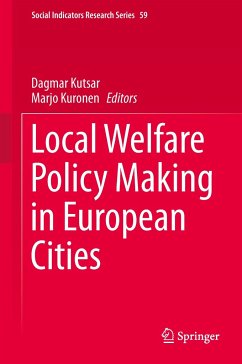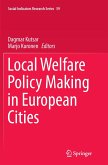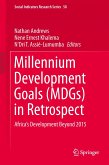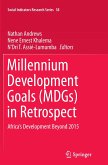This book focuses on how EU welfare policies are implemented at the local level in 11 European cities and how local policy making addresses women's care responsibilities. The book studies the complex combination of and the relationships between local political processes, policies, institutions, structural conditions and outputs, as well as outcomes for the women's labour market integration. It demonstrates how cultural settings and multi-level governance patterns form the "playground" for local policy makers to formulate their welfare policies concerning service provision. The book further demonstrates how local production systems and the situation of the local labour market influence the prospects that women have in working and caring.
EU welfare policy promotes the labour market integration of women as well as gender equality. The provision of adequate care services is vital in supporting women's employment. Within comparative welfare research, the focus has been on the national welfare systems and policies even if care services are overwhelmingly provided by local authorities that in many EU member states enjoy considerable autonomy. This book fills the gap in understanding local welfare policy making from a comparative perspective.
EU welfare policy promotes the labour market integration of women as well as gender equality. The provision of adequate care services is vital in supporting women's employment. Within comparative welfare research, the focus has been on the national welfare systems and policies even if care services are overwhelmingly provided by local authorities that in many EU member states enjoy considerable autonomy. This book fills the gap in understanding local welfare policy making from a comparative perspective.
"The book relies on a European comparative research project which adopted both quantitative and qualitative approaches. ... There are various interesting and relevant findings in the book. ... The issues covered by this conscientious research are indeed of much interest, and their importance is easy to appreciate." (Matías Iglesias, Local Welfare Policy Making in European Cities, Vol. 12, 2017)








